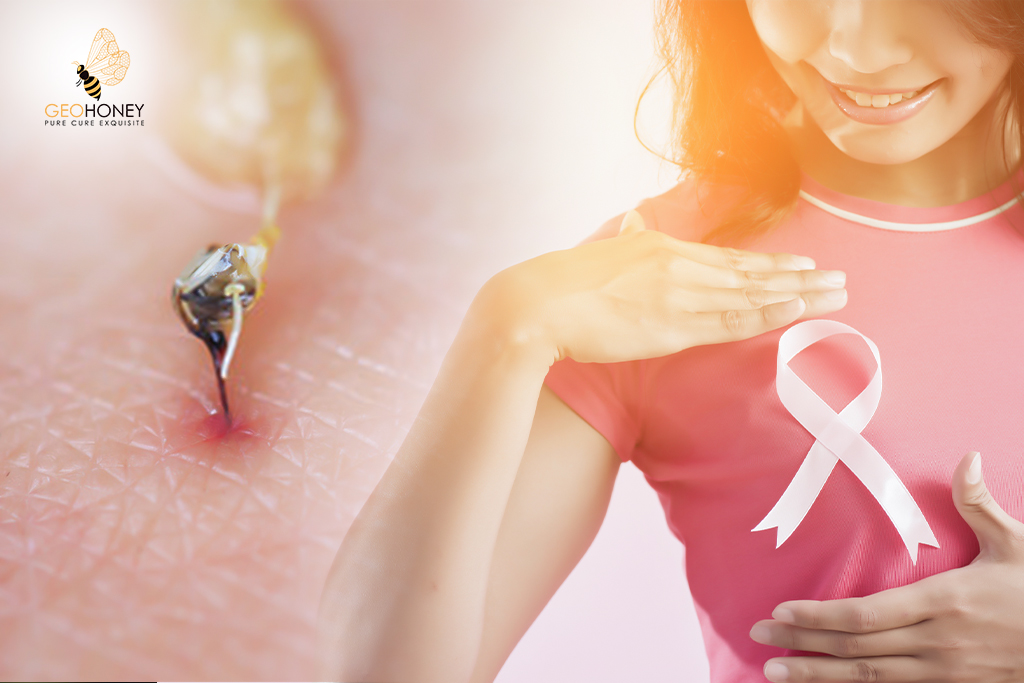- Tokyo: 13:32
- Singapore: 12:32
- Dubai: 08:32
- London: 04:32
- New York: 23:32
Honey Bee Venom – Researches Found It Effective In Killing Breast Cancer Cells

Breast cancer continues to be one of the most prevalent and devastating diseases affecting women worldwide. However, recent research has uncovered a surprising potential ally in the fight against this deadly condition: honey bee venom. Yes, you read that right – the venom produced by honey bees could hold the key to effectively killing breast cancer cells.
Unveiling the Potent Components
Scientists have long been intrigued by the therapeutic properties of honey bee venom. This complex substance contains various bioactive compounds, including peptides, enzymes, and a powerful substance known as melittin. Melittin, in particular, has shown immense potential as an anticancer agent.
The Mechanism of Action
When honey bee venom is introduced to breast cancer cells, it exhibits a remarkable ability to induce cell death, a process known as apoptosis. This occurs through multiple mechanisms, including disruption of the cancer cell membrane and interference with key signaling pathways that promote tumor growth and survival.
Moreover, studies have shown that honey bee venom can selectively target cancer cells while leaving healthy cells unharmed. This selectivity is crucial in developing effective cancer treatments that minimize side effects and maximize therapeutic benefits.
Promising Research Findings
Numerous studies have demonstrated the efficacy of honey bee venom against breast cancer cells. In one study conducted by researchers at the University of Western Australia, melittin was found to inhibit the growth of various breast cancer cell lines, including those that were resistant to traditional chemotherapy drugs.
Furthermore, a study published in the journal Nature Precision Oncology reported that honey bee venom significantly reduced tumor growth in mice with breast cancer xenografts. The venom's ability to suppress tumor growth and inhibit the formation of new blood vessels within the tumor holds great promise for future cancer therapies.
Moving Towards a New Paradigm
The discovery of honey bee venom's effectiveness in killing breast cancer cells opens up exciting possibilities for future cancer treatments. Harnessing the power of nature, researchers are pushing the boundaries of conventional medicine and exploring alternative therapies that can revolutionize the way we combat this devastating disease.
However, it's important to note that more research is needed to fully understand the mechanisms behind honey bee venom's anticancer effects and to ensure its safety and efficacy in human trials. Nevertheless, the progress made so far is undeniably promising, offering hope to the countless individuals affected by breast cancer worldwide.
In conclusion, honey bee venom has emerged as a fascinating and potentially game-changing weapon in the battle against breast cancer. As scientists continue to delve deeper into its properties and refine its application, we can look forward to a future where this natural remedy plays a significant role in eradicating breast cancer and saving lives.




I was amazed by this very helpful information.
Honey is really helpful.